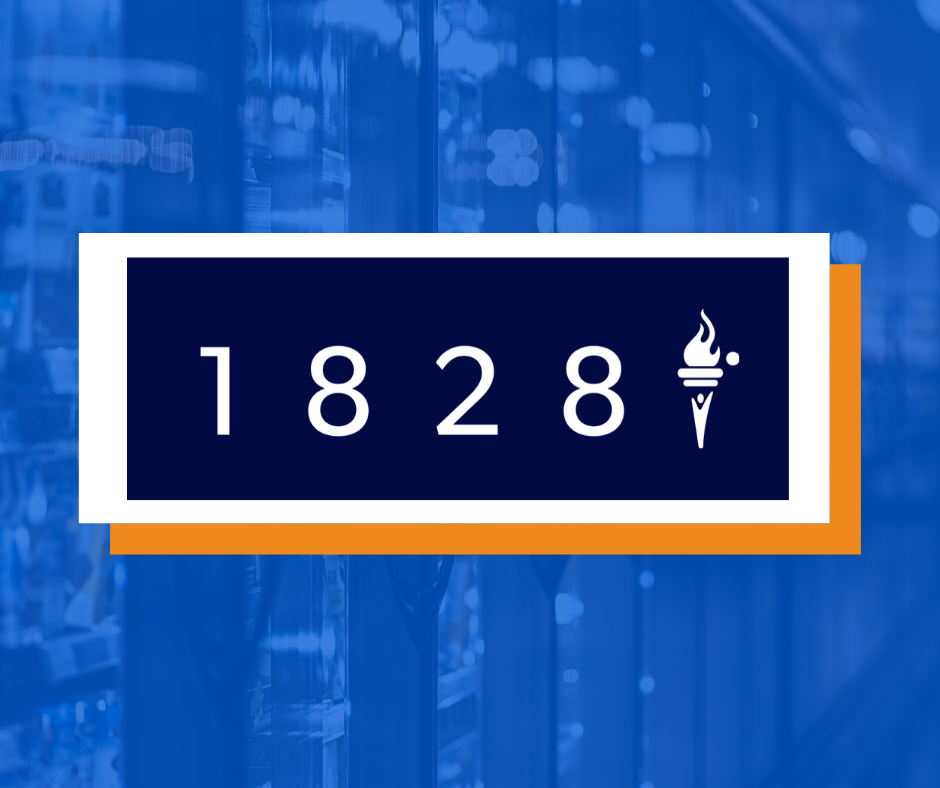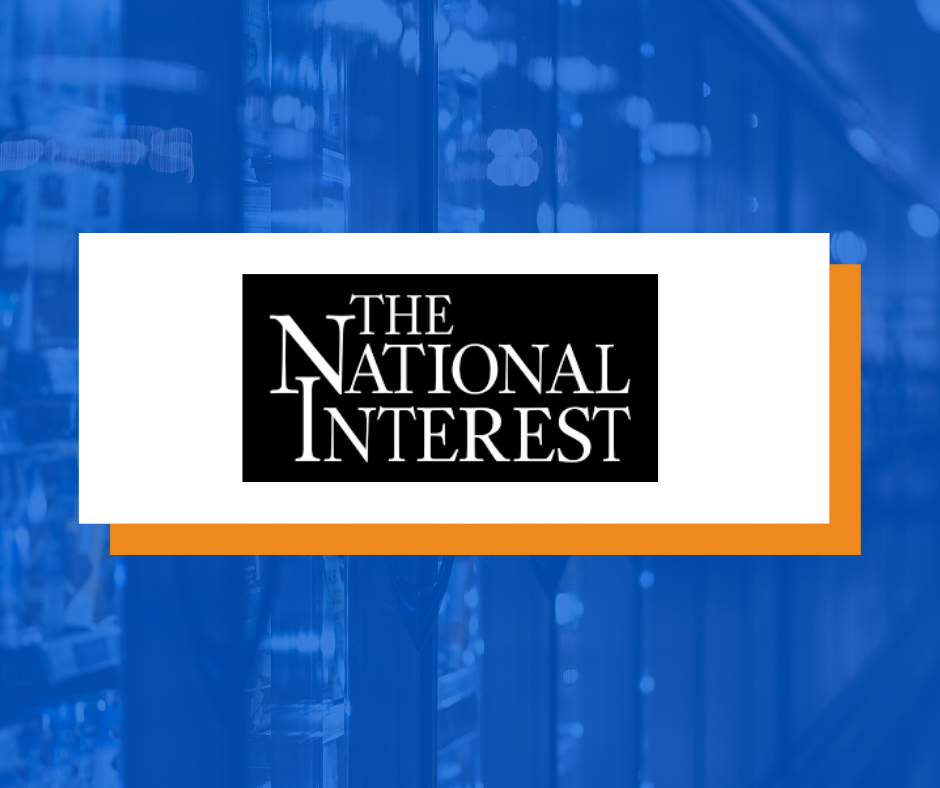Our ancestors lived through struggles that are hard to imagine by today’s standards. From putting food on the table to tuberculosis and infections (from which most people died in 1915), life 100 years ago was hellish compared to the developed comfort of the modern day.
With an understanding of the value of personal hygiene, tools to root out disease-carrying animals like rats, and the blessing of modern medicine, humanity has saved millions of people from dying prematurely.
For most of human history, one in four infants did not live past the age of one, a phenomenon spread equally throughout cultures. The numbers were equally high in ancient Rome, ancient Greece, the pre-Columbian Americas, medieval Japan, medieval England, the European renaissance and imperial China.
Fortunately, today that number is only one in 30 infants. As economic freedom spreads globally, so does prosperity, and we expect that infant mortality will be equally low in every inhabited continent in the near future.
Despite facing initial hurdles and scepticism towards scientific advancements, the industrial revolution has brought enormous wealth creation and the improvement and expansion of people’s lives. Life expectancy in the United Kingdom has doubled from just over 40 years in 1850 to over 80 years today.
In the UK, 77 per cent of the public agree that science and technology are making our lives healthier, easier and more comfortable. 94 per cent believe that medical research will improve our quality of life over the coming decades. This also applies to the younger generation, of which 80 per cent are happy with modern farming technologies in the area of genetic modification or gene editing.
However, recent years have also marked the appearance of a number of activists who are trying to sour these numbers. And while the public is supportive of scientific innovations, politicians are reacting to a loud minority and regulating away potential progress.
The UK prime minister, Boris Johnson, has sparked some optimism in that regard, promising “a bioscience sector liberated from anti genetic modification rules … we will be the seedbed for the most exciting and most dynamic business investments on the planet.”
This goes beyond the question of agro-tech or artificial intelligence. As trust in the scientific method fades, so do other fundamentals that we believed should be taken for granted.
In the Netherlands, the Knowledge and Advice Centre for Animal Pest warns in major newspapers that new infestations of rats are looming as the country moves to restrict the use of rat poison from 2023. It has already been banned in outdoor areas, but now indoor use will also be outlawed, as reports Dutch broadcaster RTL Nieuws.
The examples of people giving up accepted advancements in living standards get odder by the day. In early August, the Guardian reported on a trend of decreasing soap use. While making a case for bacteria-based substitutes, it also equally presents a case for dropping any detergents whatsoever.
Increasingly, you read headlines like: “No Soap, No Shampoo, No Problem”, or “Soap free for seven years“. In all cases, the soap ditchers are presented as people who are potentially ahead of their time, living the alternative and equally credible lifestyle. But much like people who swear by DIY cleaning products, we should be wary of unforeseen consequences of distrust in science.
The same applies to the example of parabens, increasingly believed to be a harmful addition to health and beauty products, particularly those used by women.
However, Health Canada, the Personal Care Products Council, the FDA, the American Cancer Society and the European Union all find parabens to be safe for use in cosmetics. Unfortunately, a number of people will not accept the findings of numerous studies.
Of course, using hygienic and medical utensils in excess is something to be mindful of because it can pose a danger. An excess of antibiotics can lead to immunity issues and more serious health consequences. However, the notion that all modern medical, pest control and hygiene products must be harmful, independent of quantity and informed use, is a very problematic mindset.
Is it really necessary that previously extinct illnesses return because, in an effort to please a woke sense of anti-corporate, anti-consumerist purity, we end the use of soap and have rats crawling once again through our houses?
What are our leaders and politicians doing to defend the values of science, which has given us the life-changing advances in modern medicine since the 18th century and has ended the unscientific herbalism, or traditional medicine, that lead to the death of millions?
We cannot let these anti-science narratives to take root. Instead, we must encourage informed debate and education to combat this modern-day charlatanism.
Originally published here.
FOR MORE SCIENCE FACTS CLICK HERE.
The Consumer Choice Center is the consumer advocacy group supporting lifestyle freedom, innovation, privacy, science, and consumer choice. The main policy areas we focus on are digital, mobility, lifestyle & consumer goods, and health & science.
The CCC represents consumers in over 100 countries across the globe. We closely monitor regulatory trends in Ottawa, Washington, Brussels, Geneva and other hotspots of regulation and inform and activate consumers to fight for #ConsumerChoice. Learn more at consumerchoicecenter.org




